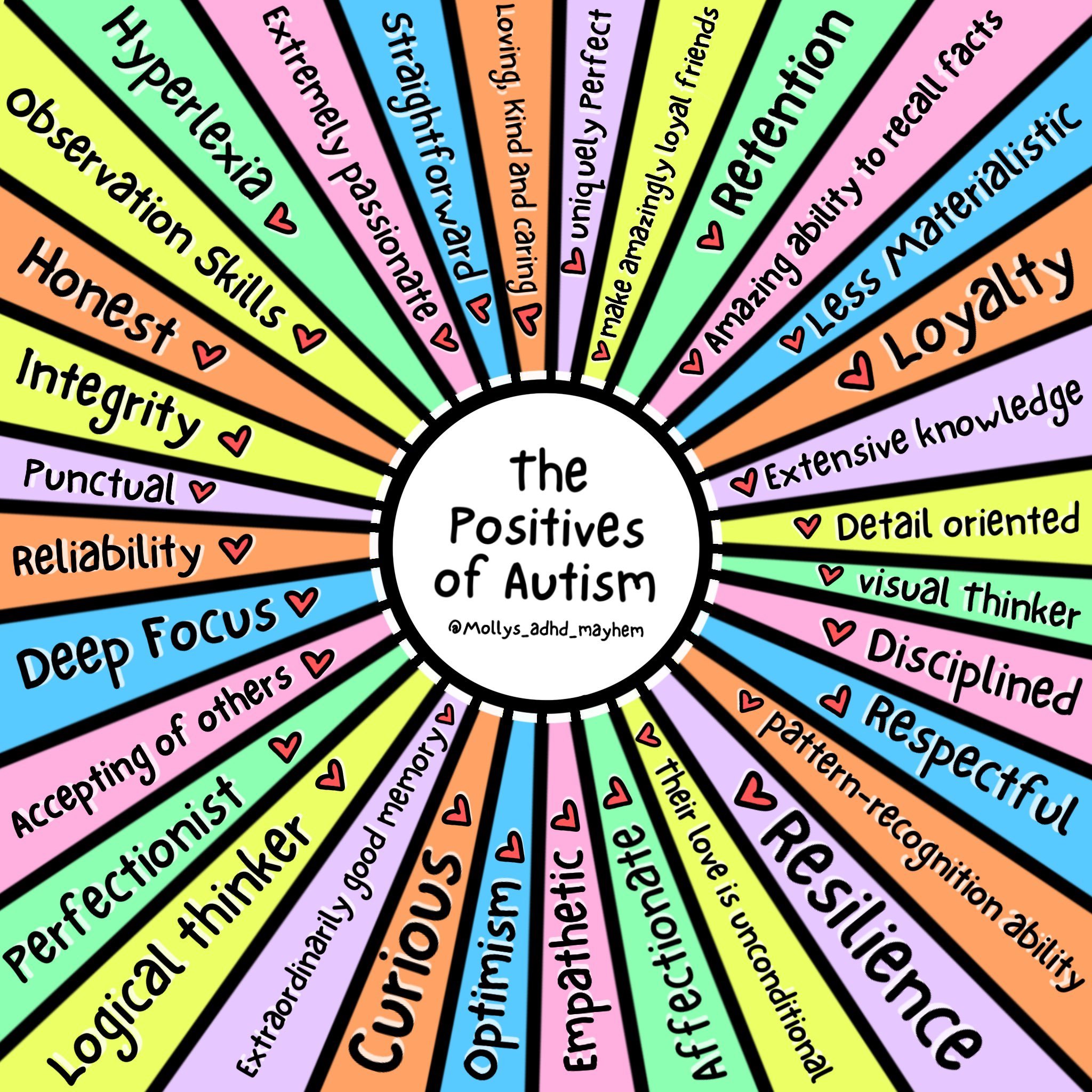
Autism & ADHD
Having a brain that operates differently isn’t a problem to be solved, it’s an operating system to be learned. Let’s learn together.
If you are an adult seeking assessment and diagnosis for Autism, request an assessment today.
Recently, more of us have begun to discover that our “talented and gifted” nature as a child was actually highly masked Autism, ADHD, or AuDHD.
Common struggles among neurodivergents include:
Anxiety, depression, and other co-occurring mood disorders
Communication challenges
Difficulties with emotional regulation
Executive functioning problems
Sensory processing issues
Social awkwardness
If you - or someone you love - are autistic, have ADHD, or otherwise feel like you’re working with a different operating system, there is nothing wrong with you/them.
Looking for an Adult Autism Assessment?
Assessments can be conducted as a standalone service or as a part of ongoing therapy services for established clients.
Autism Assessments include three parts:
Pre-Assessment consultation to discuss reasons for evaluation, relevant medical and life history, co-occurring diagnosis screenings (as needed), and discussion of assessment tools utilized.
Assessment Appointment(s) Conducted via Clinical Interview using MIGDAS-2 Tool based off DSM-5 Criteria for Autism.
Clients will be expected to complete several assessment measures outside of appointment times and submit results between Step 2 and 3 as these measures are integrated in the assessment documentation.
Post-Assessment Debrief Appointment ** Optional
Autism assessments are conducted over several sessions and are billed in the same manner as any other therapy services.
It is important to note that many standard assessment tools within the field of health have been created based off research conducted on a minimally diverse group of participants who shared a more narrow set of life circumstances and experiences than today’s reality.
My assessment process strives to blend the tools that have historically been utilized to screen for Autism with updated assessment measures and the power of clinical interviewing.
Many neurodivergent adults have lived with symptoms or challenges that stem from being neurodivergent in a neurotypical world focused on productivity and conformity rather than purpose and celebrating authenticity.
In my work, I am mindful of the ways in which Autism has been largely overlooked or misidentified due to a lack of awareness around how neurodivergence presents outside of outdated and stereotypical presentations.
I utilize the MIGDAS-2 tool in clinical interviews alongside additional measurement tools as collateral data when crafting diagnostic assessments.
Assessments utilize evidence-based peer-reviewed tools such as the MIGDAS-2 and others based off the criteria for Autism established in the Diagnostic and Statistical Manual for Mental Disorders, 5th edition, Text Revision (DSM-5-TR).
I get anxiety and distressed from external stimuli quite easily, so I'm in a constant state of self-protection, it's exhausting.
—Hannah Gadsby, Author, Comedian, Actress
Formerly considered a problem or abnormal, scientists have come to understand that neurodivergence can have many benefits.
With this shift, practitioners are no longer treating neurodivergence as an illness. Instead, they are viewing them as different methods of learning and processing information.
As we discover who we are, we often discover we aren’t who others think we are.
This can be complicated - especially if we struggle with a fear of rejection.
You are welcome to show up as your truest self with me and I can help you do that with others more, when you’re ready.
Many of us were raised in a world that demanded conformity and was critical of needing accommodations for difference. I play by different rules and want to help you learn to as well.
I do not see difference or disability status as a detriment or problem to be solved/eliminated. I want to help you discover how your brain works best in your world and help mitigate the moments when things get overwhelming, stressful, or confusing with less stress or anxiety. I want you to stave off burnout as much as possible.
Facts You May Not Know About Autism & ADHD in Adult Women
Autism and ADHD were not diagnoses frequently offered to high academically achieving children - especially non-male children in the 1990s and 2000s. Read more here.
The diagnosis of Asperger’s Syndrome was removed from the DSM in 2013 and is no longer utilized, however much research still utilizes the term. Read more here.
ADHD in women often goes undiagnosed. Too many women grew up being called lazy, selfish, spacey, or dumb because their symptoms were ignored or disregarded. Read more here.
For more on how Autism and ADHD present in adults, check out these articles.
To read memoirs by other late-diagnosed Autistic adults:
My favorite Sensory Tools as an Autistic Adult:
Weighted Blanket
Clicky Pens
Noise Cancelling Headphones



